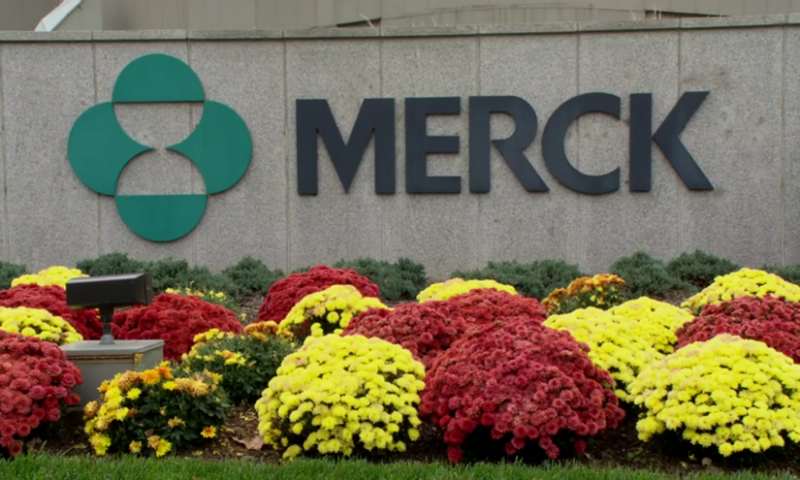The FDA has granted priority review status to Merck’s vericiguat, teeing the Big Pharma to receive an approval decision early next year. Vericiguat, which Merck partnered on with Bayer in a $1 billion deal, will enter the increasingly congested heart failure market if the FDA gives it the green light.
Merck and Bayer have taken vericiguat to this point on the back of mixed data. Vericiguat failed a midphase trial and statistically was no better than placebo at reducing deaths in phase 3. However, the phase 3 did link the drug to a statistically significant reduction in a composite measure of cardiovascular deaths and heart failure hospitalization, causing it to hit its primary endpoint.
The FDA has seen enough promise in the asset to grant it priority review status. The PDUFA date for the soluble guanylate cyclase (sGC) stimulator is set for January.
If vericiguat wins approval, it will continue the recent proliferation of treatments for heart failure with reduced ejection fraction (HFrEF), an indication that saw little innovation in the decades before Novartis brought Entresto to market. Entresto, now a blockbuster, was followed to market by Farxiga, an AstraZeneca SGLT2 inhibitor that won FDA approval in HFrEF in May.
With the FDA granting fast-track status to Eli Lilly’s Jardiance—which first showed the cardiovascular effects of SGLT2 inhibitors—in heart failure indications, the HFrEF options available to cardiologists may swell further still in the coming years.
The proliferation of treatment options sets the stage for a fight for market share and research into the optimal strategy for different HFrEF patients. There is scope for combinations involving SGLT2 inhibitors, sGC modulators, beta blockers and other drugs, but, as it stands, there is a lack of data on what delivers the best outcome and no clear picture of what regimens are tolerable for payers and patients.
Bayer, which is co-developing vericiguat with Merck, has previously signaled that the sGC modulator may occupy a relatively small niche of the HFrEF market. Last year, Bayer put the peak sales potential at €500 million ($570 million), well below the level already achieved by Novartis’ still-growing rival Entresto.

